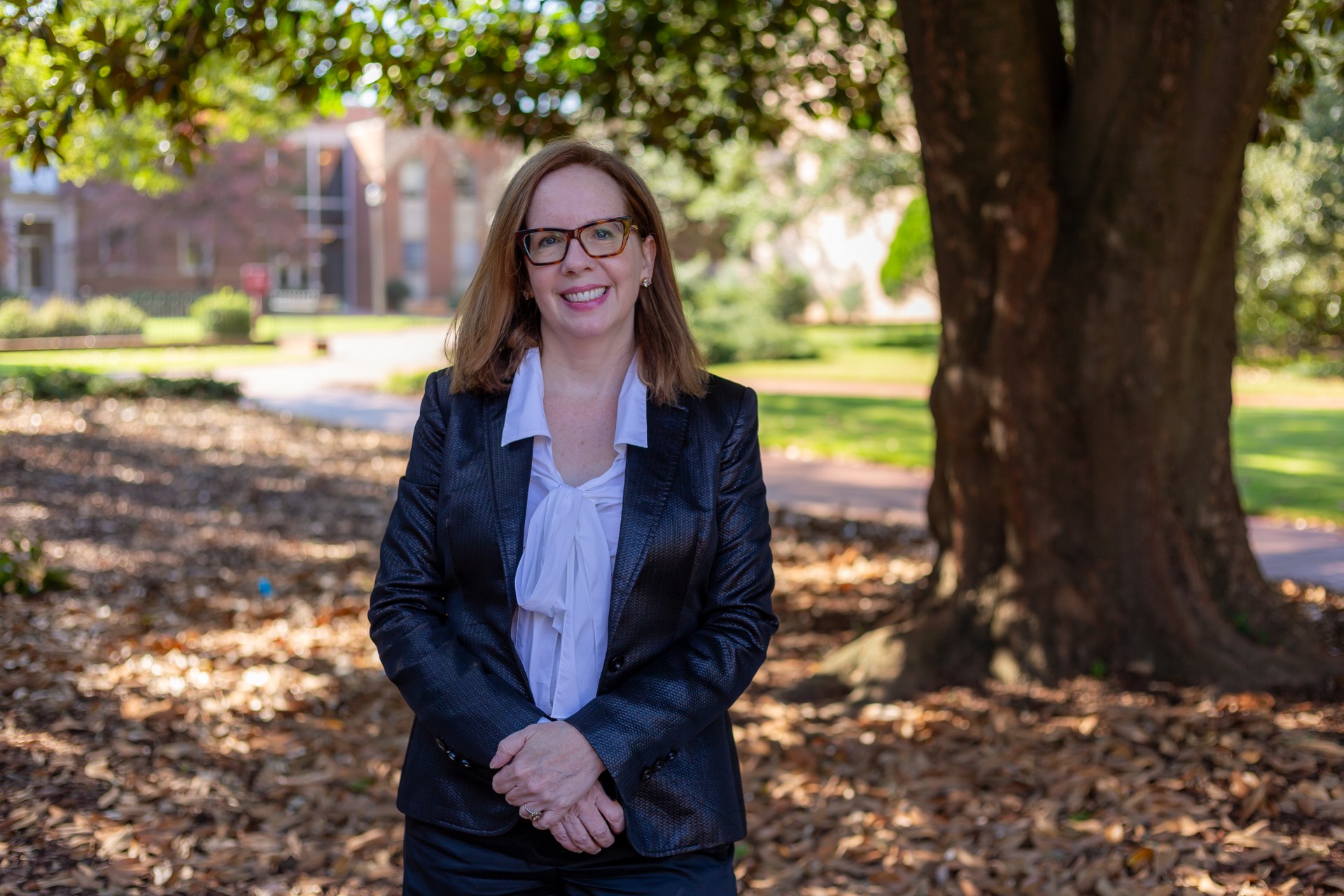Dr. Cara Delay holds degrees from Boston College and Brandeis University. Her research analyzes health, gender, and culture in Europe and the United States, with a particular focus on reproduction, pregnancy, and childbirth. She is author or co-author of Women, Reform, and Resistance in Ireland, 1850-1950 (Palgrave), Irish Women and the Creation of Modern Catholicism, 1850-1950 (Manchester), Birth Control: What Everyone Needs to Know (Oxford), and Catching Fire: Women’s Health Activism in Ireland and the Global Movement for Reproductive Justice (Oxford). She teaches courses in women’s health, history, and reproduction.
Public Health major and Women's and Gender Studies minor Jayla Porcha sat down with new faculty member Dr. Cara Delay for an interview regarding her research areas.
As I read over your bio, it was mentioned that your research analyzes health, gender and culture in Europe and the United States, with a particular focus on reproduction, pregnancy, and childbirth. What made you interested in those studies?
“It was my students. I did not really start my career that way. I started as a traditionally trained historian, but I was always interested in issues related to women and gender. I was working on a book on religion in Ireland, and looking at catholic women. I started thinking about childbirth rituals. As I would teach women’s history courses, students were always interested in childbirth. They wanted to know about pregnancy and childbirth, so I would do my research. I then realized there was not that much historical research out there, so I saw this gap that needed filling.”
Recently, I have taken a global health course. My professor often mentions that we focus on things in the states instead of globally. When studying culture in Europe, what were some of the comparisons and differences?
“My research is on western Europe, so I’ll mostly be talking about that. They have more of a cultural understanding that state funding is important. State education is important. For example, Ireland just passed free contraception for some people. There is definitely I think more of a recognition that sometimes people need help in their lives. Sometimes the state is going to provide that. Whereas in the United States, it is still really controversial. It is regional here in the United States, so different states have different policies. It is hard to even study that here in the United States because you have state policies and federal policies, whereas in Europe it is more at the national level.”
You have written more than 30 scholarly journal articles and have been the co-author of many books. What is the biggest takeaway that you want you readers to understand about your research?
“There are sometimes a lot of voices that are involved in speaking about reproductive health and sexual health. A lot of these voices have economic interests, or political interests. I think overall, it is to listen to women and people who can become pregnant themselves. I really want to shift the focus away from these top down approaches… policy making, etc. What do actual people need and want, and their thoughts. That is why I do a lot of interviews with people, to elevate those voices.”
It was a pleasure to interview Dr. Delay, and learn more about her research and studies. She is very passionate about her studies, and has made influential findings. We are so excited to see all that she contributes to our department!
